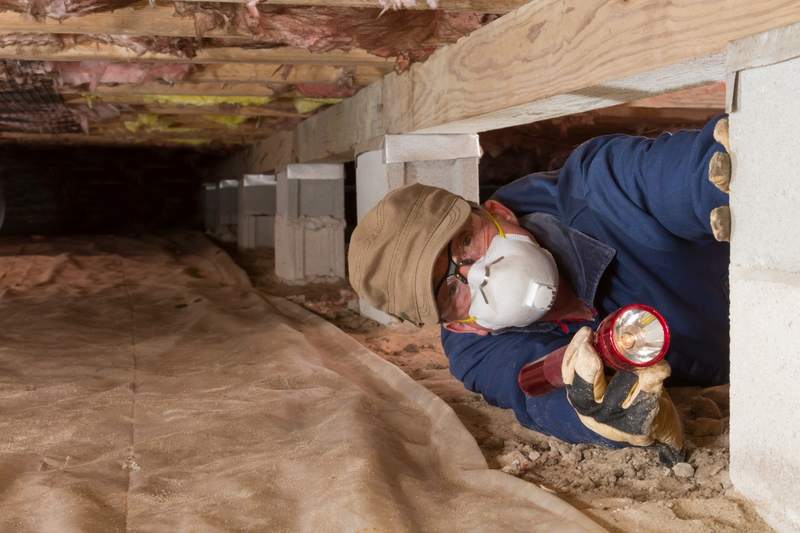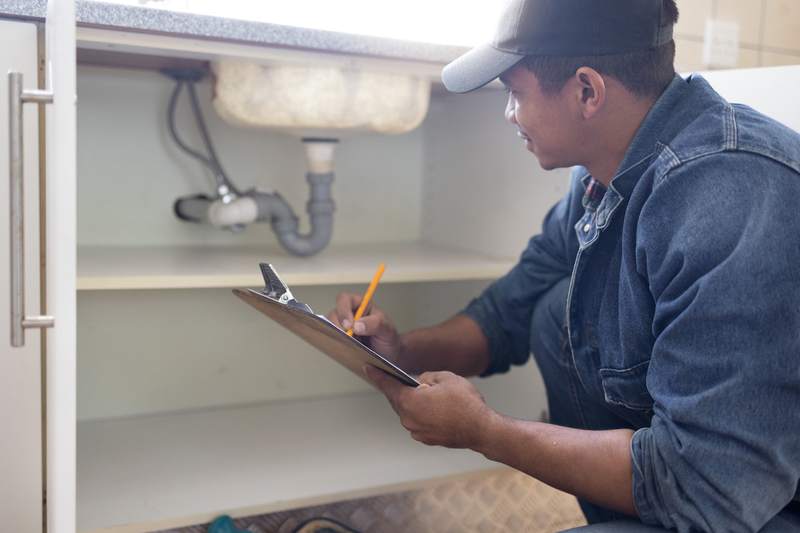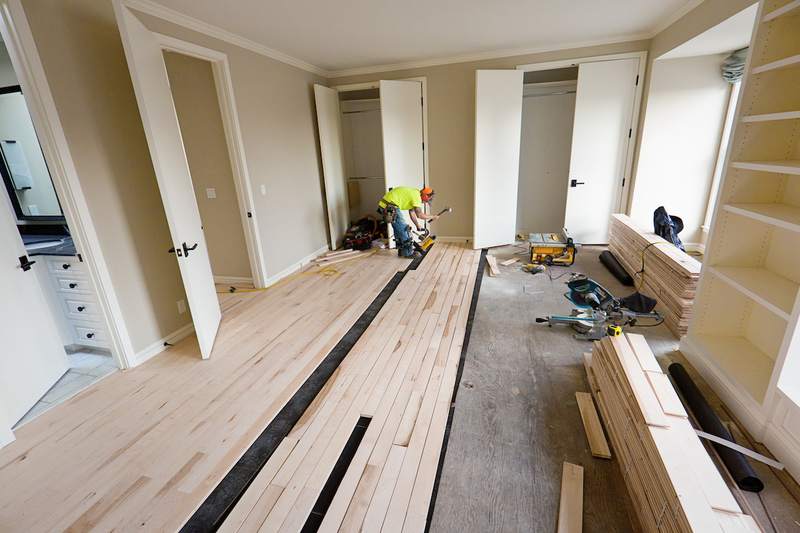
Writing a letter to a home seller lets you personalize your offer on a house, and could help it stand out if there are multiple bids. It’s good to understand that such letters aren’t always effective, and many real estate professionals frown on house offer letters because they increase the risk of the seller violating fair housing laws — even unintentionally.
That being said, you can still send one if you want to make an offer, and feel that a house offer letter will improve the odds it will be accepted. Here’s how to write an offer letter for a house, including some must-haves, and what you should probably avoid.
Must-Haves for a Good House Offer Letter
What you include in a house offer letter to make it stand out will differ, depending on your personal situation and your reasons for wanting to buy the house.
“When writing an offer letter, it is important to include key elements that showcase your interest in the home,” says Mark Reyes, a Las Vegas Valley, Nevada-based real estate agent with the Realty One Group. “Paint a picture of yourself living in the home, and convey your excitement and enthusiasm.”
Include a personal greeting
Ask your real estate agent for the seller’s name, so you can start off the letter by addressing them directly. Doing so can help you make a personal connection, though you’ll still want to keep the letter as professional as possible.
Write in a friendly tone
The seller probably likes their home and — all other things being equal — prefers to sell it to someone who will take care of it. By being friendly in your interactions, you can keep the communication civil, and show that you care about and respect the property.
Share a few personal details
It’s fine to talk a bit about yourself, such as where you live and your interests. It’s even better if you can find some common ground, such as being fans of the same sports team.
Explain why you love the home
Remaining positive about the prospect of buying a house is a great way to state your case. Consider mentioning features of the home that you love, such as a spacious yard or open-plan living area. You also can consider writing briefly about what buying the home would mean to you and your family.
Consider using flattery
You probably don’t want to go too far, but consider complimenting the seller for how well they’ve taken care of the home, or if you like their decor choices, the landscaping, or the color they painted the walls.
Include only high-level financial details
Aside from personal details, including high-level financial details such as the fact that you’re preapproved for a mortgage, or the amount of earnest money you’re offering, can help give a more complete picture of who you are as a buyer.
Keep the letter short
There’s no need to write a 10-page offer letter. Keeping it short and to the point will increase the chances that the seller will read it and consider the information that’s included.
End with a sincere thanks
You want to be sure that you can express clearly to the seller why you want the home. Being nice goes a long way, especially if there are others who also are bidding on the home.
What To Avoid in a Good House Offer Letter
You want to keep your letter to the seller of the home short and sweet. Plus, you should avoid any details that could put the seller at risk of violating federal or state housing laws.
Too many personal details
The more information you include about you or your family, the more likely you are to mention details that could violate fair housing laws. Information you want to leave out would include your marital status, political beliefs, race, sexual orientation, and religious affiliation.
Anything you want to change about the house
Even if you’re planning on making improvements to the home, it’s better to leave these details out. The seller still may be attached to the home, and may object to the changes you plan to make.
A lot of financial details
There’s no point in including more financial information than the price you’re offering, and your ability to get a mortgage and pay closing costs. Including more details than that could unintentionally raise questions about your financial situation, and scuttle the chances of your bid being accepted.
Family photographs
You’re better off leaving out photos, as doing so could end up unintentionally leading to discrimination. Use words to create a personal connection with the seller.
House Offer Letter Template
Here’s an example of a house offer letter you can use as a starting point for your own:
[Date]
Dear [seller’s name],
I am writing to you today to show my interest in purchasing [property address]. I truly believe that this is the home for us, even after careful consideration and due diligence. We love this home because [include a few high-level details here].
I also want to let you know that I am able to close on the home on time. I can offer [purchase amount] for the home, and I truly believe that it’s a fair price compared to other homes in the area. We already have a mortgage preapproval letter, and are willing to provide an earnest money deposit of [amount].
We can also be flexible with the closing date, if necessary. We are able to put down [amount] as a down payment. Our offer also comes with some contingencies, including a home inspection contingency and a house title contingency.
If you accept our offer, we will do everything we can to ensure that this is a stress-free and smooth transaction for everyone involved.
Thank you for considering my offer, and I look forward to hearing from you.
Sincerely,
[Your name]
If you use the above template, keep in mind that you should personalize it as much as possible. Copying the letter verbatim may not offer the personal touch you’re seeking when sending a house offer letter.
FAQ
Here are answers to some common questions about writing a house offer letter.
More From itsHome:
- What Is a House Offer Letter?
- How To Make an Offer on a House
- Should You Waive Contingencies in Your House Offer?
- Winning Ways To Make Your House Offer Stand Out
- How To Respond To a Real Estate Counteroffer
- Can You Make an Offer on a Home That’s Under Contract?
- How To Decide What To Offer on a House











